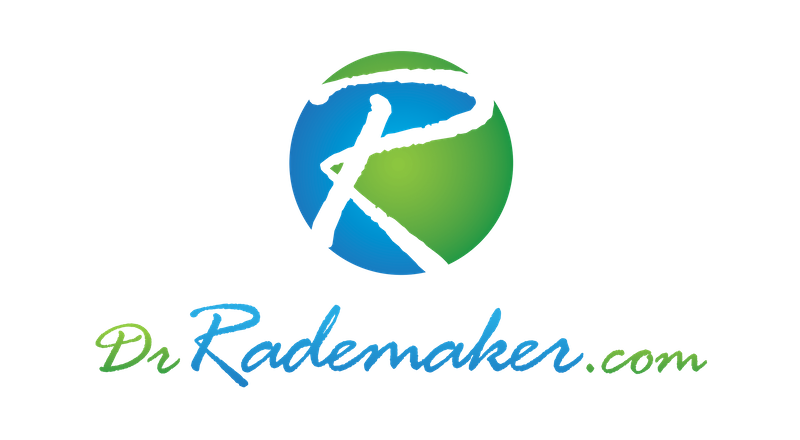Each day, each hour, each minute we are asked to navigate
expectations. Our own, those of our friends and family, our employer’s,
society’s. These expectations are tied to our productivity, well-being,
lifestyle, and more. These days it seems the more we do the more people expect.
Burnout is becoming a problem not only for individual health, but productivity
in a professional sphere as well. Deloitte consulting, one of the major firms
in the United States released statistics on burnout in the workplace following
an external survey of professionals in this country across differing careers.
It’s findings were stark1:
“77 percent of respondents say they have experienced
employee burnout at their current job, with more than half citing more than one
occurrence.”
“Employee burnout has no boundaries: 91 percent of
respondents say having an unmanageable amount of stress or frustration
negatively impacts the quality of their work. 83 percent of respondents say
burnout from work can negatively impact their personal relationships.”
“Passion may not prevent workplace stress: 87 percent of
professionals surveyed say they have passion for their current job but 64
percent say they are frequently stressed, dispelling the myth that passionate
employees are immune to stress or burnout.”
“Many companies may not be doing enough to minimize burnout:
Nearly 70 percent of professionals feel their employers are not doing enough to
prevent or alleviate burnout within their organization. 21 percent of
respondents say their company does not offer any programs or initiatives to
prevent or alleviate burnout.”
“Companies should consider workplace culture, not just
well-being programs: One in four professionals say they never or rarely take
all of their vacation days. The top driver of burnout cited in the survey is
lack of support or recognition from leadership, indicating the important role
that leaders play in setting the tone.”
“Burnout affects millennial retention: 84 percent of
millennials say they have experienced burnout at their current job, compared to
77 percent of all respondents. Nearly half of millennials say they have left a
job specifically because they felt burned out, compared to 42 percent of all
respondents.”
Other studies have tied burnout to decreased productivity in
the workplace, which seems like common sense. So the question becomes then, how
do we increase our productivity, navigate expectations, and stave off burnout
while increasing our well-being. It’s as simple as saying “no.”
Popular psychology writer James Clear (author of Atomic
Habits) puts it this way2:
“Saying no is sometimes seen as a luxury that only those in
power can afford. And it is true: turning down opportunities is easier when you
can fall back on the safety net provided by power, money, and authority. But it
is also true that saying no is not merely a privilege reserved for the
successful among us. It is also a strategy that can help you become successful.
Saying no is an important skill to develop at any stage of
your career because it retains the most important asset in life: your time. As
the investor Pedro Sorrentino put it, “If you don’t guard your time, people
will steal it from you.”
You need to say no to whatever isn’t leading you toward your
goals. You need to say no to distractions. As one reader told me, “If you
broaden the definition as to how you apply no, it actually is the only
productivity hack (as you ultimately say no to any distraction in order to be
productive).”
Nobody embodied this idea better than Steve Jobs, who said,
“People think focus means saying yes to the thing you’ve got to focus on. But
that’s not what it means at all. It means saying no to the hundred other good
ideas that there are. You have to pick carefully.”
There is an important balance to strike here. Saying no
doesn’t mean you’ll never do anything interesting or innovative or spontaneous.
It just means that you say yes in a focused way. Once you have knocked out the
distractions, it can make sense to say yes to any opportunity that could
potentially move you in the right direction. You may have to try many things to
discover what works and what you enjoy. This period of exploration can be
particularly important at the beginning of a project, job, or career.”
Saying “no” can increase your energy reserves, focus your
priorities, allow you to recuperate, allow you to purpose and develop other
interests, and allow you to prioritize yourself. It’s a skill more people need
practice in and one that would drastically improve their well-being. So think
to yourself how can I say no today.
Written by Jeremiah Ockunzzi, courtesy of Dr. Bart
Rademaker, M.D.
1)
https://www2.deloitte.com/us/en/pages/about-deloitte/articles/burnout-survey.html


